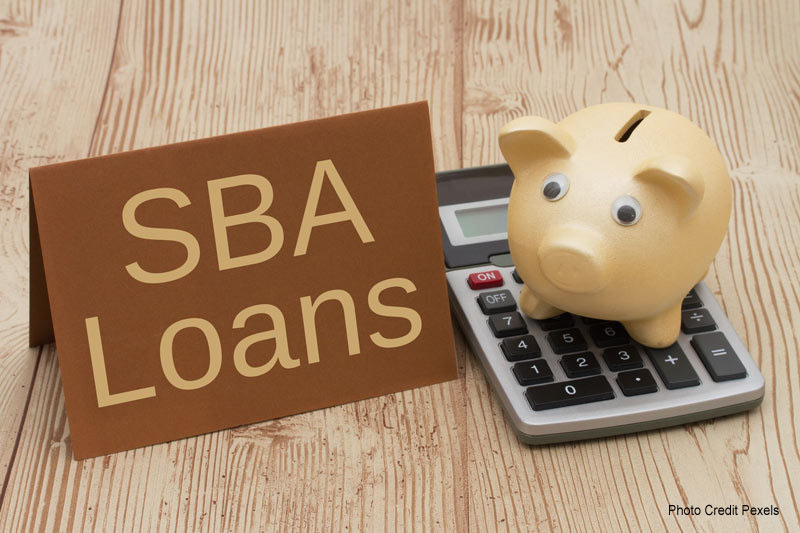Does the SBA Have Loan Requirements?
The United States Small Business Administration (SBA) is working on overdrive to provide a variety of funding options for small businesses, particularly during the trying times of the COVID-19 pandemic. To counter these negative impacts, the SBA stepped up its loan programs significantly, providing businesses throughout the country with a much-needed financial lifeline. The agency provided over $750 billion in financial assistance last year, showing that the need is great.
Lack of capital is one of the primary reasons why small businesses fail. In response, the SBA provides quality loan options to help companies to meet their funding needs, particularly for businesses that might otherwise have limited or no other financing options.
This situation leaves many small businesses wondering, does the SBA have loan requirements? Read on to learn all about SBA loan requirements and explore the key application tips for qualifying for an SBA loan.
SBA Loan Basics
Before diving into the key eligibility requirements, it is essential to detail SBA loan basics. For starters, there are many different types of SBA loans available. The most popular ones include the 7(a) and 504 loan programs.
The eligibility requirements vary depending on the loan type. SBA loan applications are processed by participating lenders. The SBA guarantees the loan against default, which allows participating lenders to offer attractive terms and conditions. So does your business qualify? Let’s discover what the eligibility requirements are for SBA loan programs.
SBA Eligibility Requirements
To be considered for an SBA loan, your company must meet some basic requirements. For example, the SBA and its lenders are looking for registered and operating businesses in the U.S. There are also going to be other requirements based on the specific loan program, which includes the creditworthiness of your business.
There are SBA forms to fill out that cover other essential information. For instance, there is the Statement of Personal History and Personal Financial Statement forms to complete. These will help them to determine whether your business meets the financial requirements.
You will also be required to provide information on the ownership structure and business licenses. Continue reading for a discussion on other critical eligibility requirements:
Size
Size is another primary consideration for the SBA. The agency measures size in a few different ways, so a variety of businesses may qualify.
The first gauge is the number of employees based on your company’s industry. Revenue and net worth by industry are two other ways the SBA quantifies size. Therefore, you should not assume that your business is too small or too large before talking with your SBA lender.
Access to Credit
Access to credit is another eligibility requirement. The SBA does not want to guarantee loans to a business that can receive favorable terms elsewhere. The agency is more interested in helping small businesses with no alternative funding options. Therefore, you might find that if they review your application, you might receive suggestions for alternative funding options if your business does not qualify for an SBA loan.
This requirement does not mean you need to waste time applying for loans. Instead, the participating lender will perform an assessment demonstrating that you would not qualify elsewhere, before moving forward with your SBA loan application.
Traditional Credit Factors
The lender’s assessment is based on traditional credit factors. Elements such as time in business and repayment history are considered, along with the amount of debt your business currently has and its assets.
Also, many supporting financial documents are necessary for the application. The lender is sure to request profit and loan statements, income tax returns, and more. The objective is to verify income and your ability to repay the loan. After all, the goal is to focus on helping businesses that are viable, while empowering communities.
Does the SBA Have Loan Requirements?
Clearly, a lot of information is necessary to process a loan. The SBA and its participating lenders have a duty to ensure you will repay the loan, so they will ask for a significant amount of documentation from you. Yet, the SBA also provides a financing option that is often not open for small businesses.
The process is similar to any loan application. However, there are some SBA-specific forms and requirements like industry size. If you wonder if the SBA has loan requirements, contact us today to speak with a specialist.

